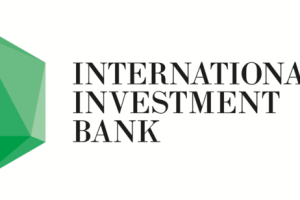Alătură-te comunității noastre!
Vezi cele mai recente știri & informații din piața de capital

President Xi Jinping’s ambition to transform China into a technological powerhouse was quenched by Washington’s recent restrictions on semiconductors exports to Beijing.
To make things worse, the U.S. appears to have convinced the governments of Japan and the Netherlands to join its latest trade rules.
Nevertheless, Beijing has at least an ace up its sleeve with a slowing global semiconductors demand, so a full anti-China alignment will be tricky.
Announced in early October by the U.S. Department of Commerce, the new measures require vendors to obtain an export license to sell to China cutting-edge semiconductors, components, and chip-design software made with U.S. technology.
Manufacturing equipment and high-end memory chips from China’s Yangtze Memory Technologies Co. or YMTC are also off-limits to buyers.
As an immediate consequence, Apple has put on hold plans to use memory chips from YMTC in its products, multiple sources told Nikkei Asia.
Yet, according to Reuters, most of the chips made in and shipped to China are less advanced technologies, therefore unaffected by the restrictions.
So the hit for both Chinese and American companies is softened by what is referred to by some as one of the most consequential U.S. policy decisions since the end of the Cold War.
Companies like Samsung Electronics and SK Hynix are China-dependent players, so it’s unlikely they will be able to maintain their factories operating in the People’s Republic without a U.S. license.
Although they both secured a one-year waiver from the restrictions, what happens afterward is unclear.
That’s also the case for the Netherlands’ ASML, the only firm in the world capable of making the highly-complex machines that are needed to manufacture the most advanced chips.
The company had already stopped exporting its most cutting-edge machines to China, but Washington policymakers want more.
They are pressuring their Dutch and Japanese counterparts to also ban less sophisticated tools from ASML and Japanese peers.
But the Dutch government is unlikely to copy the American measures one-to-one, already announcing that through the voice of the Trade Minister.
A quarter of ASMIL’s revenue, or €2.7 billion, came from China in 2021, while Nikon made sales of over 153 billion yen ($1.1 billion) in China, some 28% of the total.
According to World Semiconductor Trade Statistics, this year’s chip sales will experience a sharp reversal from the 26% growth in 2021.
All these factors will buy precious time for China, allowing Beijing to stockpile foreign components and tools and help President Xi Jinping court trade partners.









Vezi cele mai recente știri & informații din piața de capital